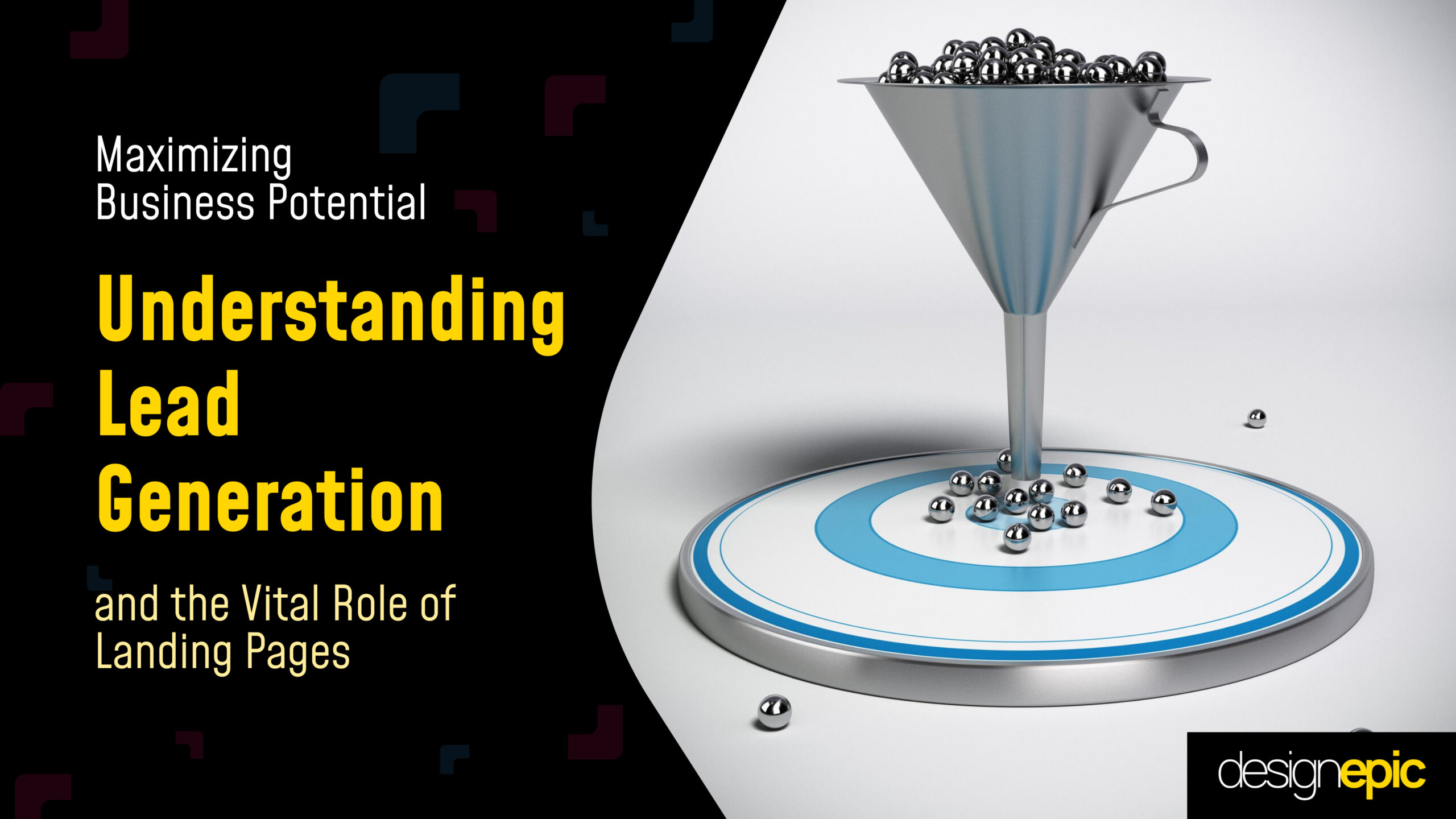Schedule Your Free Consultation

In the dynamic landscape of digital marketing, lead generation stands as the cornerstone of success for businesses aiming to thrive and expand their reach. Central to this process is the creation and optimisation of landing pages, which serve as the gateway for converting curious visitors into valuable leads. Understanding the significance of lead generation and the pivotal role of landing pages is crucial for businesses to unlock their full potential in today’s competitive market.
Lead generation is the process of attracting and capturing potential customers’ interest in a product or service. It’s a strategic approach that involves identifying and engaging with individuals who have expressed interest or shown potential to become paying customers. Whether through inbound marketing tactics such as content creation and social media engagement, or outbound strategies like email campaigns and advertisements, the goal remains the same: to nurture prospects through the sales funnel and ultimately convert them into loyal patrons.
The importance of lead generation cannot be overstated, especially in an era where consumer behaviour is increasingly shaped by digital interactions. By effectively generating leads, businesses can cultivate a steady stream of prospects, thereby fuelling their sales pipeline and driving sustainable growth. Moreover, lead generation enables organisations to target specific demographics, personalise marketing efforts, and optimise resource allocation, thereby Maximizing return on investment (ROI) and minimising wastage.
At the heart of any successful lead generation strategy lies the meticulously crafted landing page. A landing page serves as a dedicated destination designed to capture visitors’ attention and prompt them to take a desired action, such as signing up for a newsletter, requesting a demo, or making a purchase. Unlike traditional web pages, landing pages are tailored to a specific campaign or offer, ensuring a focused and compelling user experience.
The importance of landing pages stems from their ability to serve as conversion catalysts. By eliminating distractions and presenting concise, persuasive content, landing pages guide visitors towards a predefined goal, thereby increasing the likelihood of conversion. Additionally, landing pages facilitate data collection and analysis, allowing marketers to glean valuable insights into visitor behaviour, preferences, and pain points. Armed with this information, businesses can refine their marketing strategies, enhance user experience, and drive continuous improvement.
Lead generation and landing pages are inherently interconnected, each playing a crucial role in the customer acquisition journey. While lead generation casts a wide net to attract potential leads, landing pages serve as the point of convergence where visitors are prompted to take action. By aligning the messaging, design, and functionality of landing pages with the overarching lead generation strategy, businesses can create a seamless and compelling user experience that resonates with their target audience.
Furthermore, the optimisation of landing pages is an ongoing process that requires constant iteration and refinement. By conducting A/B testing, analysing conversion metrics, and incorporating user feedback, businesses can fine-tune their landing pages to maximise effectiveness and drive higher conversion rates. This iterative approach not only enhances the performance of individual campaigns but also contributes to the overall success of the lead generation ecosystem.
In the ever-evolving landscape of digital marketing, lead generation and landing pages remain indispensable tools for businesses seeking to thrive and outpace the competition. By embracing the principles of lead generation and harnessing the power of landing pages, organisations can attract, engage, and convert prospects into loyal customers, thereby unlocking their full potential for growth and success in the digital age.